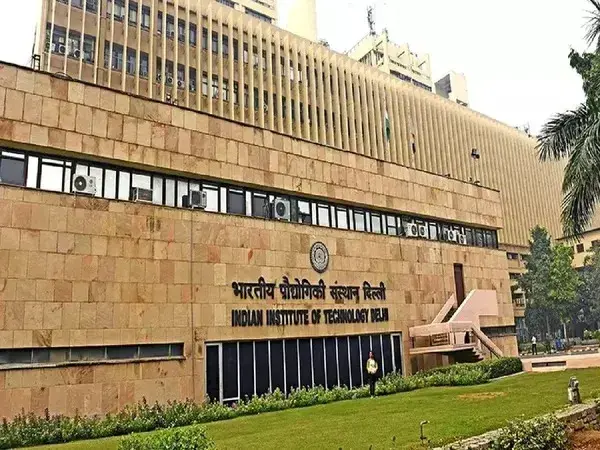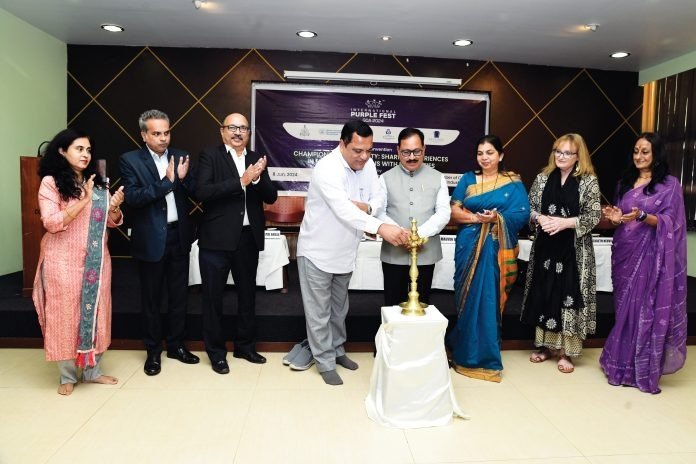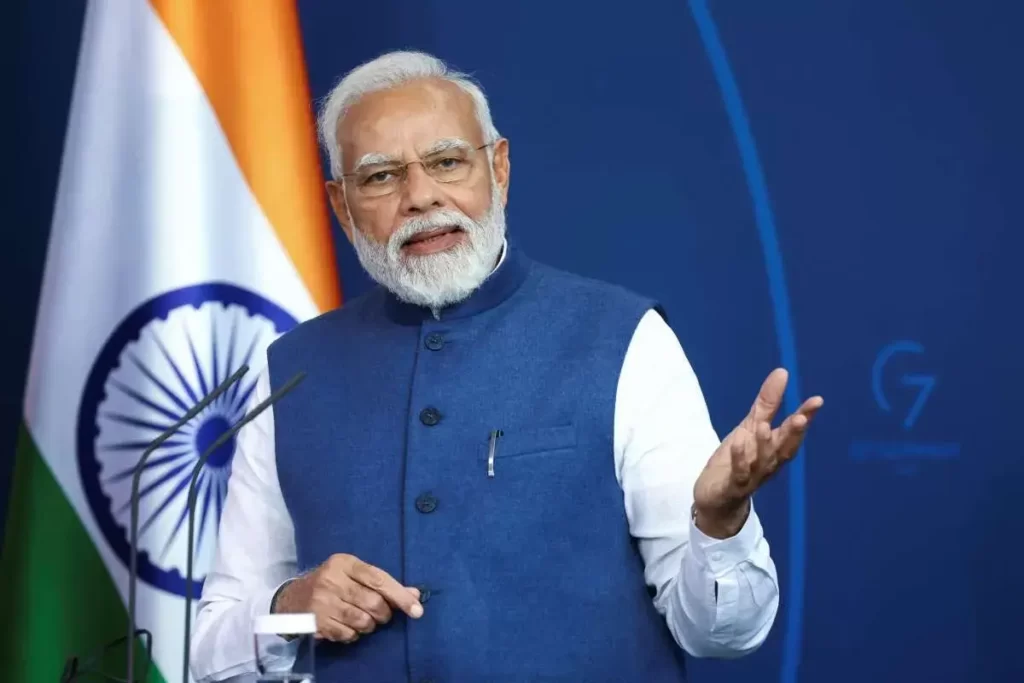Insights from IIT-Bombay Survey: Call for Formal Sex Education in College Curriculum
A recent survey conducted among over 1,000 students at the Indian Institute of Technology (IIT) Bombay sheds light on the need for formal sex education in the college curriculum. The findings, compiled by Insight, the official student media body of the institute, provide valuable insights into students’ perceptions and experiences regarding sex education on campus. Key findings from the survey include: 76% Demand for Formal Sex Education: A significant majority of students (76%) expressed the need for formal sex education in the college curriculum, highlighting a desire for increased awareness and education on sexual health and related topics. Engagement in Sexual Activity: Approximately 36% of undergraduates and 59% of post-graduate students reported engaging in some form of sexual activity. However, over 60% of them did not receive any formal sex education, indicating a gap in knowledge and awareness. Awareness of STIs/STDs: More than 38% of students were not aware of sexually transmitted infections or diseases (STIs/STDs), underscoring the importance of comprehensive sex education to promote safer sexual practices and health. Masturbation and Pornography: The survey revealed that over 85% of respondents engage in masturbation, with varying frequencies among males and females. Additionally, a significant portion of students acknowledged pornography as a stimulus for masturbation, while expressing concerns about potential addiction. Access to Sexual Health Services: Female students showed reluctance in approaching the IIT Bombay hospital for sex-related medical assistance, with concerns about privacy and confidentiality. This disparity highlights the need for inclusive and accessible sexual health services on campus. The survey and subsequent edition of Insight magazine aim to foster understanding and encourage open dialogue on matters of sex, relationships, and consent. By addressing taboos and promoting informed discussions, the initiative seeks to create a more inclusive and supportive environment for students at IIT Bombay.
Insights from IIT-Bombay Survey: Call for Formal Sex Education in College Curriculum Read More »



